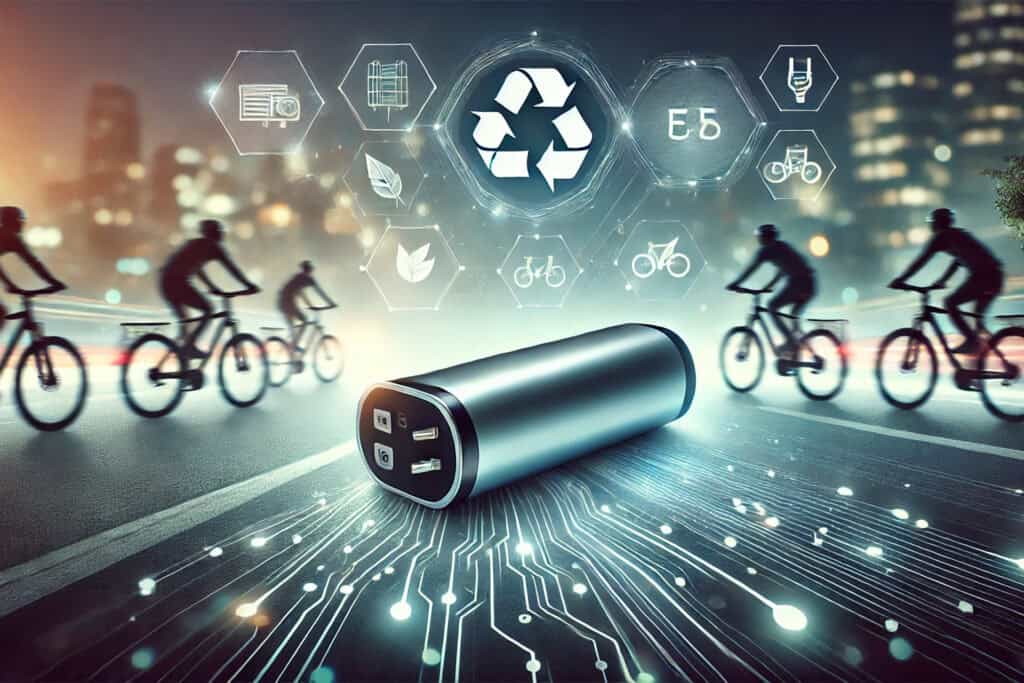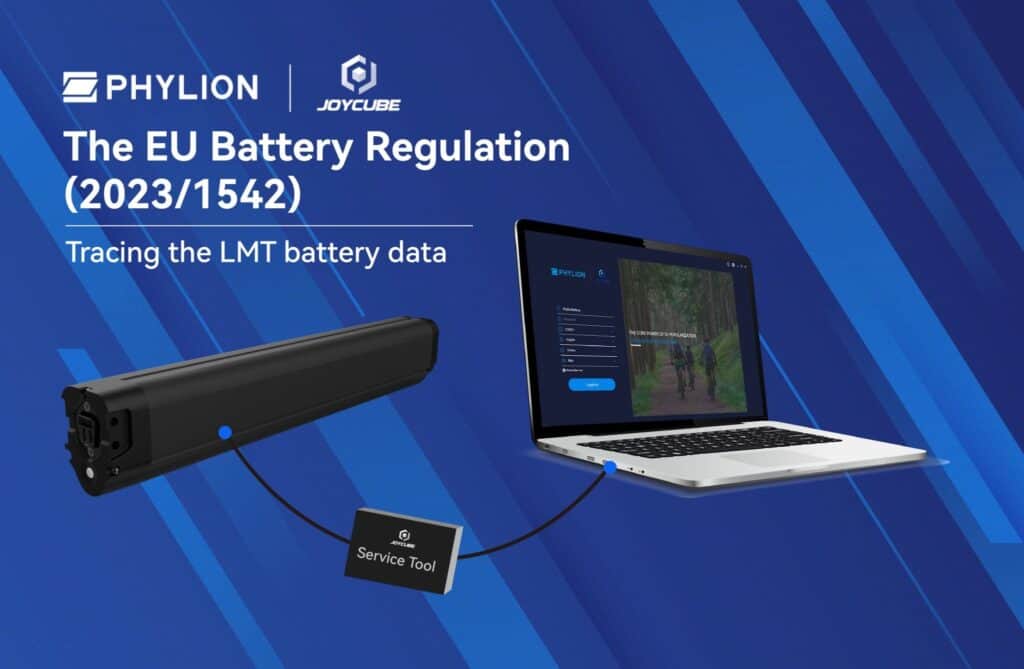August 18th 2024 marked an important day for the e-bike industry, as new compliance requirements of the EU battery regulation 2023/1542 came into place. We took a look at the new regulations and their consequences for e-bike battery makers.

Lithium-ion batteries, like those found in e-bikes, can catch fire or explode if mishandled or improperly manufactured. Additionally, disposing of these batteries can have significant environmental impacts. Regulations ensure that batteries meet certain standards to minimise these risks. However, regulations also present challenges for manufacturers. This is likely the case with the latest legislative amendment in the European Union. According to the new EU Battery Regulation 2023/1542, enacted on August 18th, e-bike batteries must comply with several new requirements.
Key Components of the Regulation
The regulation is built around several critical categories and is designed to ensure that batteries produced and used within the EU meet the highest environmental and safety standards. These include:
- Restriction of Hazardous Substances: To minimize environmental impact, the regulation restricts the use of harmful materials in battery production.
- Recycled Content: Manufacturers are now required to incorporate recycled materials into new batteries, reducing the demand for virgin resources and promoting a circular economy.
- Due Diligence Policies: Companies must implement robust policies to ensure responsible sourcing of raw materials and sustainable production practices.
- Green Public Procurement: The regulation encourages public authorities to prioritize environmentally friendly batteries, fostering a market for sustainable products.
- Labeling and Marking: Clear and informative labels are now mandatory, ensuring consumers can make informed choices about the batteries they purchase.
- Removability and Replaceability: Batteries must be designed for easy removal and replacement, extending the lifespan of electronic devices and reducing waste.
- Performance and Durability: The regulation sets strict standards for battery performance, including durability and longevity, ensuring that products meet consumer expectations and reduce the need for frequent replacements.
- State of Health (SoH) Reporting: Manufacturers are now required to provide detailed information on the battery’s health and expected lifespan, promoting transparency and allowing users to better manage their devices.
- Carbon Footprint Reduction: The regulation measures and aims to reduce the carbon emissions associated with battery production and use, contributing to the EU’s broader climate goals.
- Waste Battery Management: Comprehensive guidelines for the proper disposal and recycling of batteries have been established, aiming to minimise environmental impact at the end of the battery’s life.
- Improved Data Availability: The regulation enhances the transparency and accessibility of data related to battery production and lifecycle, supporting innovation and informed decision-making across the industry.
August 18th, 2024: A Crucial Deadline for the Micromobility Sector
This new European battery regulation comes with a lengthy implementation timeline, and the next deadline took effect on August 18th. Since then, batteries that do not meet the new requirements can no longer be imported or distributed within the EU. As a result, the challenges for battery manufacturers in the bicycle industry have intensified this week. This was evident, among other things, by various battery manufacturers making public statements online about the new regulations and explaining their activities—among them, Greenway and Phylion/Joycube.

Phylion/Joycube stated: “Phylion/Joycube is fully prepared to meet compliance. Through our service tool, connecting your LMT batteries to a PC allows you to access the required data directly on our detection and diagnosis platform. This enables compliance with the EU Battery Regulation Art.10, offering insights into cycle life, remaining capacity, manufacturing data, and more.”
The SHOW DAILY team will connect with more battery manufacturers to discuss their experiences with the new regulations at the forthcoming Taichung Bike Week in Taiwan, taking place from September 24th to 27th.


